Back to Courses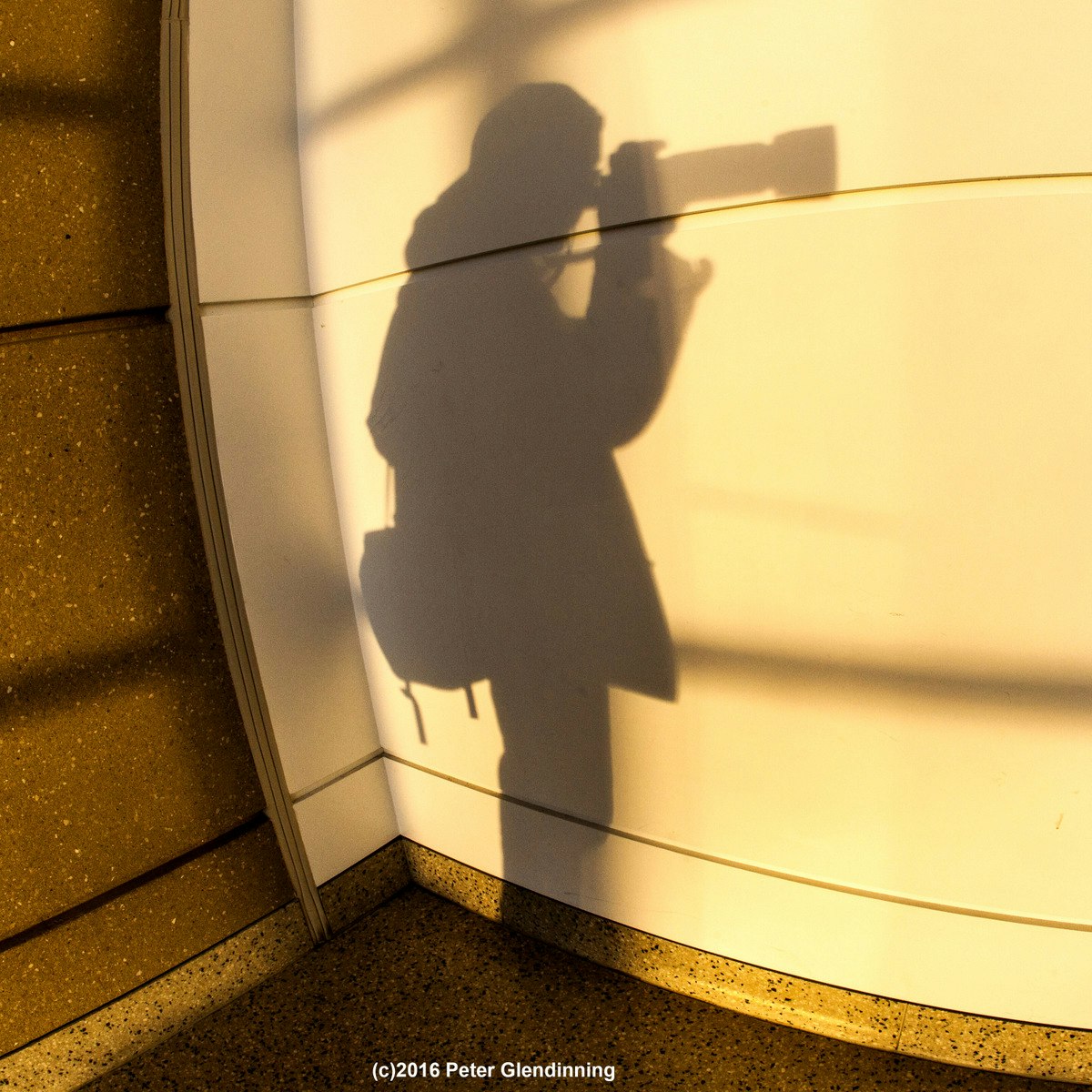
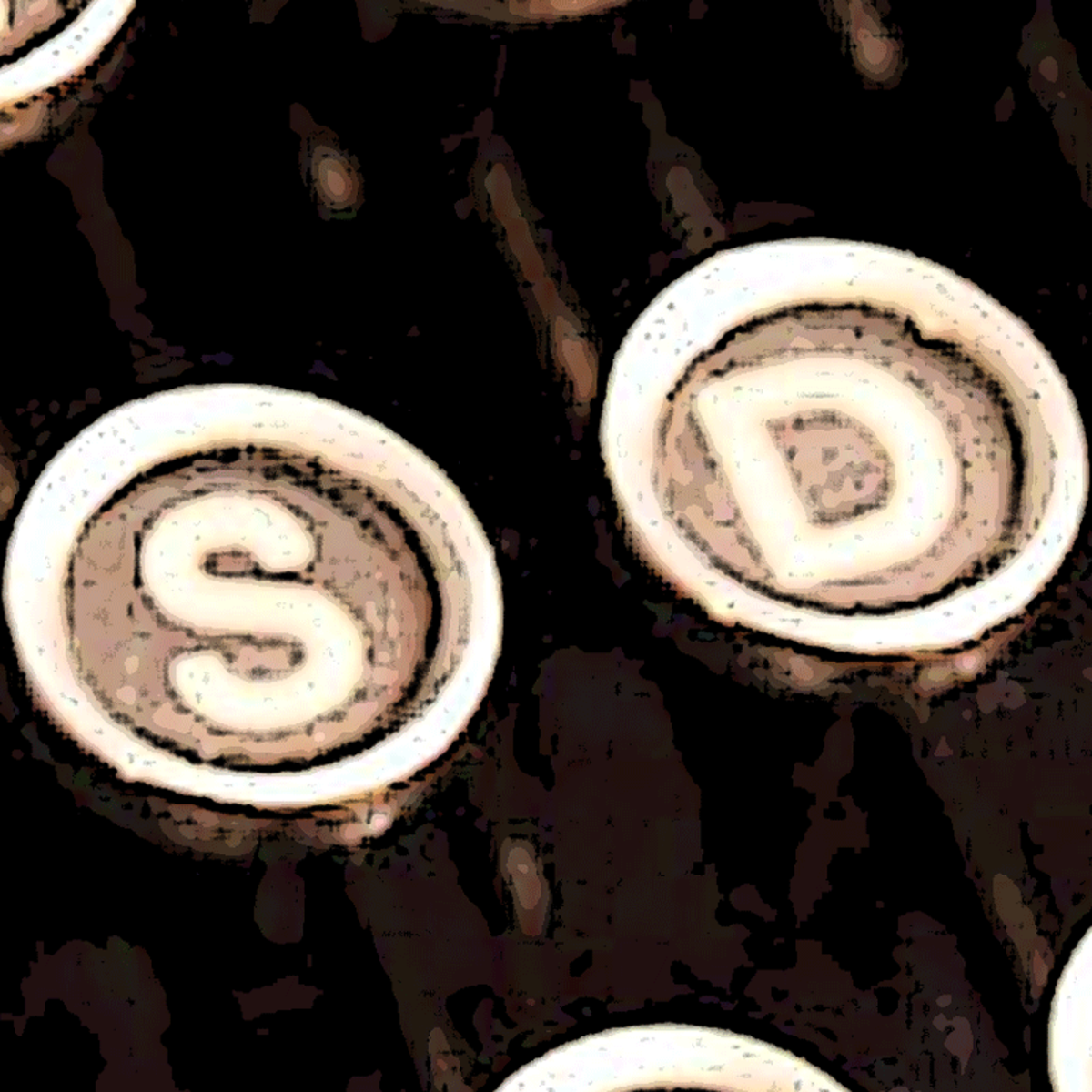

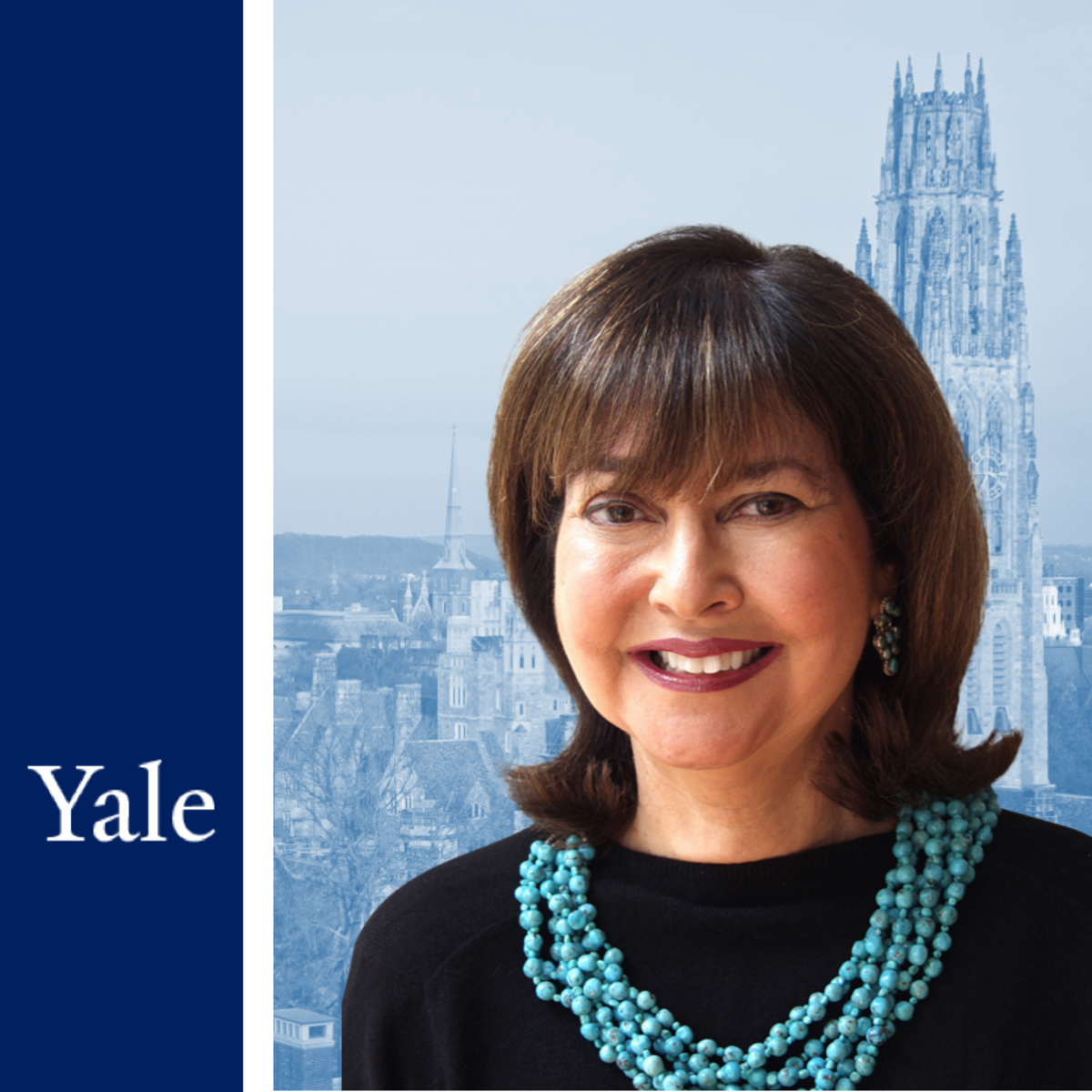
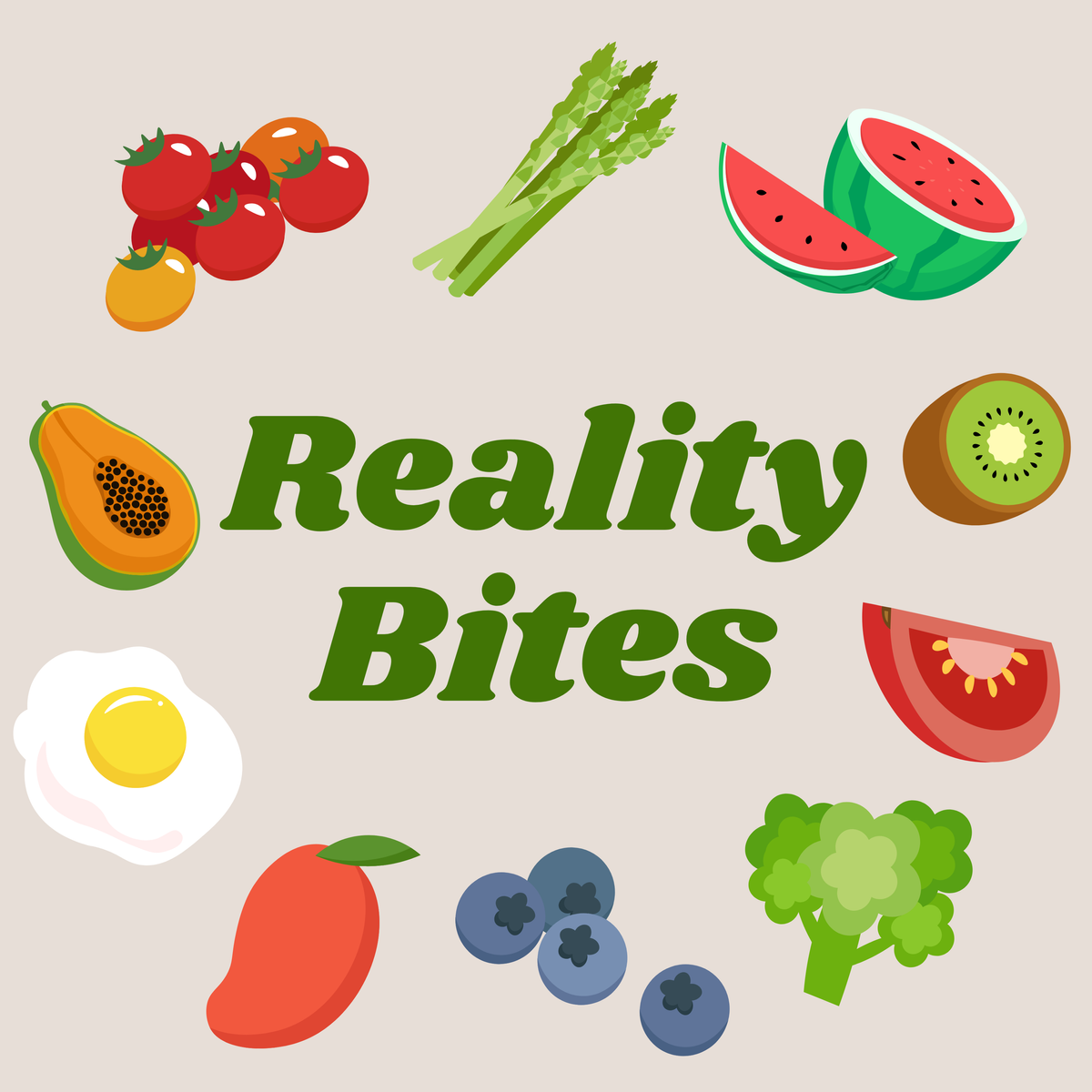

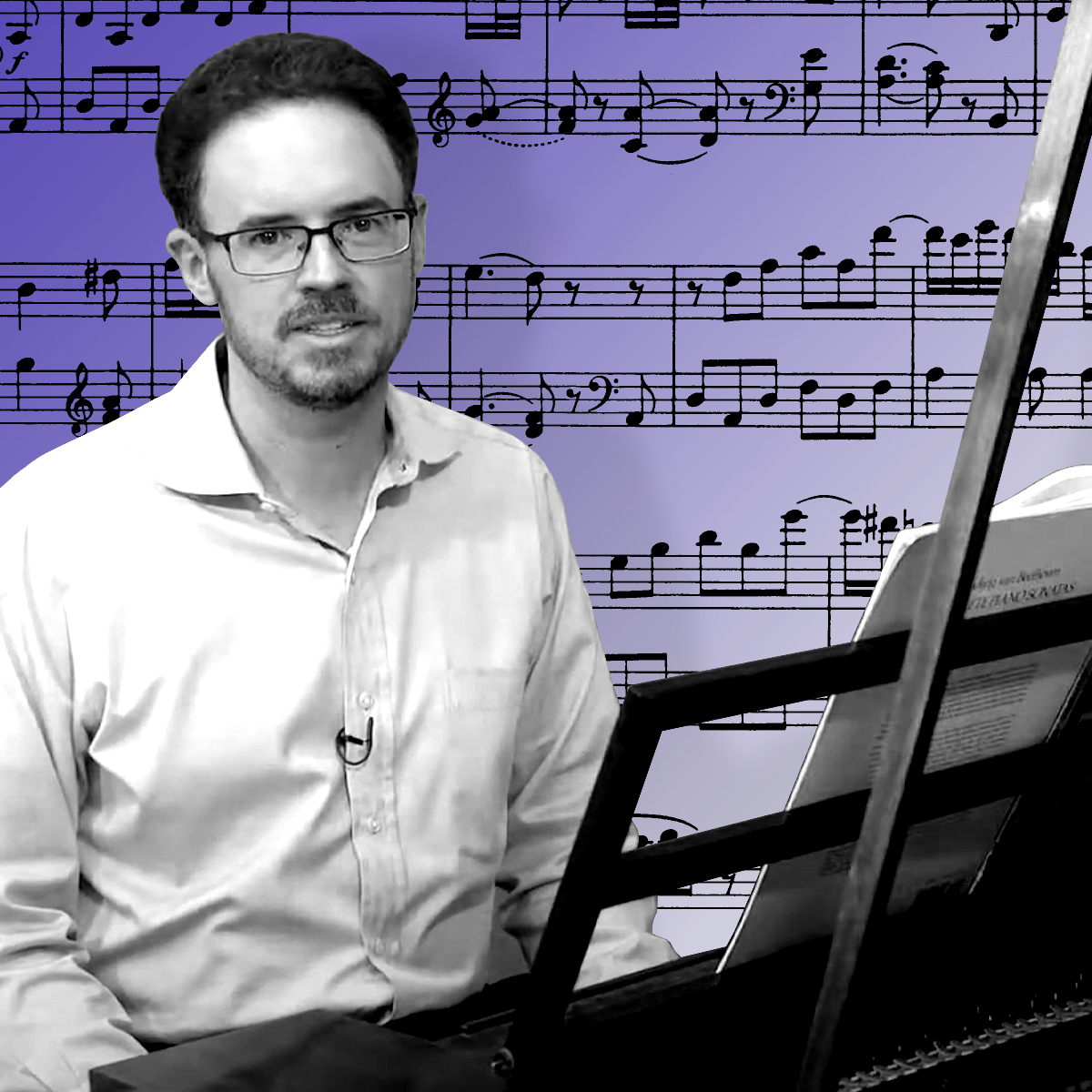


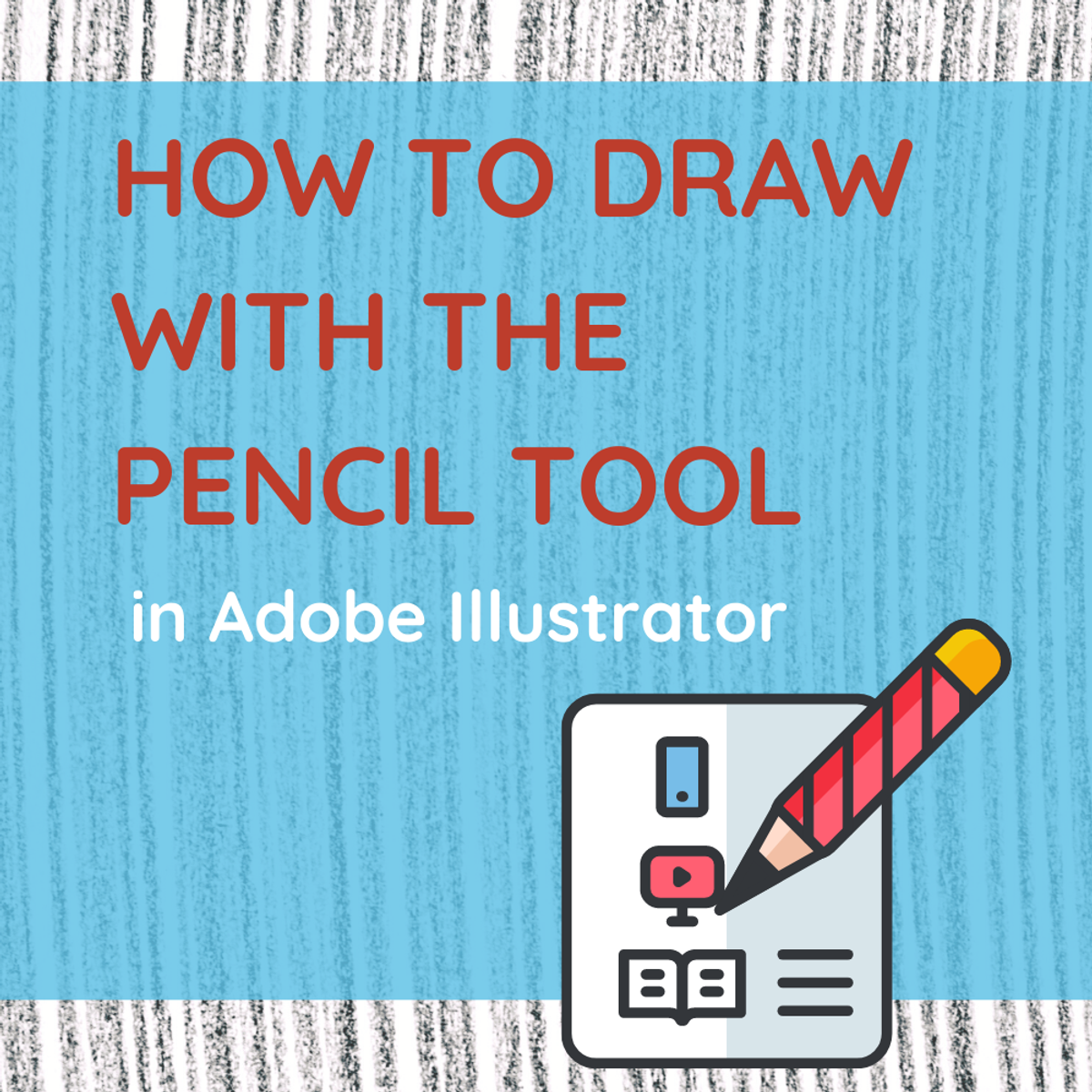
Arts And Humanities Courses - Page 13
Showing results 121-130 of 464

Camera Control
Welcome to Course Two of Photography Basics and Beyond: From Smartphone to DSLR! Now that you have a broad understanding of the various types of cameras, the importance of setting up Menus and Functions to gain control in your photography, and the difference between Auto and Program exposure modes, you are ready to move into even greater Camera Control!
In these 4 Modules we will concentrate on gaining the knowledge necessary to make use of Exposure Modes, Light Metering, Effects of various ISO settings, Lens options, using Shutter Speeds to convey aspects of Time in both documentary and creative ways, and exploring the controlled focus effects that Depth of Field Principles make possible. You will also continue to make new photographs and, if you are a subscriber to the specialization, continue interacting with your fellow learners as you share photographs for Peer Review. You will also confirm your knowledge through completion of quizzes and written responses. Let's get started with Module One!

Creative Writing: The Craft of Setting and Description
In this course aspiring writers will be introduced to the techniques that masters of fiction use to ground a story in a concrete world. From the most realist settings to the most fantastical, writers will learn how to describe the physical world in sharp, sensory detail. We will also learn how to build credibility through research, and to use creative meditation exercises to deepen our own understanding of our story worlds, so that our readers can see all that we imagine.
Think Again II: How to Reason Deductively
Deductive arguments are supposed to be valid in the sense that the premises guarantee that the conclusion is true. In this course, you will learn how to use truth-tables and Venn diagrams to represent the information contained in the premises and conclusion of an argument so that you can determine whether or not the argument is deductively valid.
Suggested Readings:
Students who want more detailed explanations or additional exercises or who want to explore these topics in more depth should consult Understanding Arguments: An Introduction to Informal Logic, Ninth Edition, Concise, Chapters 6 and 7 by Walter Sinnott-Armstrong and Robert Fogelin.
Course Format:
Each week will be divided into multiple video segments that can be viewed separately or in groups. There will be short ungraded quizzes after each segment (to check comprehension) and a longer graded quiz at the end of the course.

Roman Architecture
Roman Architecture is a course for people who love to travel and want to discover the power of architecture to shape politics, society, and culture.

Reality Bites: Introduction to metaphysics
Speculative metaphysics is challenging, but this course will whet your appetite for it, because it explains fundamental metaphysical problems and views in terms of what you can find in your kitchen and what happens in it when you cook and enjoy food. Here are the 8 bites on the menu.
- The first module 1 explains that metaphysics is about the ingredients and recipes of the world, i.e., which kinds of entities exist and how they relate to one another.
- Modules 2 and 3 invite you to reflect on whether the properties of ingredients -such as their shape and weight- are separate from and if so, how they come together in the ingredients.
- Modules 4 to 7 are about cooking: its most important ingredient is time and most cooking consists in causing changes to the ingredients over time. Yet some ingredients persist: although they undergo changes, they remain the same. Moreover, cooking minimally involves putting two or more ingredients together, so that they compose a whole. Hence modules 4 to 7 deal with time, causation, persistence and composition respectively.
- Finally, the last module touch on the smells, tastes and other qualitative aspects of our experiences when enjoying food.
Bon appétit!
Modern & Contemporary American Poetry (“ModPo”)
ModPo is a FREE (no fee, no charge) fast-paced introduction to modern and contemporary U.S. poetry, with an emphasis on experimental verse, from Emily Dickinson and Walt Whitman to the present. Participants (who need no prior experience with poetry) will learn how to read poems that are supposedly "difficult." We encounter and discuss the poems one at a time. It's much easier than it seems! Join us and try it!
ModPo is open all year, so you can enroll now, or any time, and join us. Each year we host a lively, interactive 10-week session, in which we move together through the ten-week syllabus. The next live 10-week session of ModPo will begin on September 3, 2022, and will conclude on November 14, 2022. Al Filreis will be in touch with you by email before the September 3 start of the course with all the information you'll need to participate. If you have questions, you can email the ModPo team any time at modpo@writing.upenn.edu. Much more information about ModPo can be found at modpo.org.
During the 10 weeks of the course, you will be guided through poems, video discussions of each poem, and community discussions of each poem. And (unique among open online courses) we offer weekly, interactive live webcasts. Our famed TAs also offer office hours throughout the week. We help arrange meet-ups and in-site study groups.
If you are curious about the ModPo team, type "ModPo YouTube introduction" into Google or your favorite search engine, and watch the 20-minute introductory video. You will get an overview of the course and will meet the brilliant TAs, who will be encountering the poems with you all the way to the end.
If you use Facebook, join the always-thriving ModPo group: from inside Facebook, search for "Modern & Contemporary American Poetry" and then request to be added as a member. If you have any questions about ModPo, you can post a question to the FB group and you'll receive an almost instant reply.
Much more information about ModPo can be found at modpo.org .
We tweet all year long at @ModPoPenn and you can also find ModPo colleagues using the hashtag #ModPoLive.
ModPo is hosted by—and is housed at—the Kelly Writers House at 3805 Locust Walk on the campus of the University of Pennsylvania in Philadelphia USA. All ModPo'ers are welcome to visit the Writers House when they are in our area. Our discussions are filmed there. Our live webcasts take place in the famed "Arts Cafe" of the House. To find out what's going on at the Writers House any time, just dial 215-746-POEM.

The Piano Sonata: Beethoven and the Romantics
In this course, learners will review sonata form and learn how the piano sonata was taken to new heights by Ludwig van Beethoven. We’ll discover together how the generation that followed interpreted Beethoven’s achievements and put them into practice in their own unique ways. From there, we will explore the “War of the Romantics”: the variety of formal structures for Romantic sonatas (both traditional and progressive) and the major repertoire of this era. You’ll hear some of the important pianos of the time, and understand the differences between Viennese and English/French traditions of piano music.
This course was filmed at the University of Michigan School of Music, Theatre & Dance, among other locations, to showcase the depth of the sonata repertoire and the instruments that contributed to its history.
Cultural Competence - Aboriginal Sydney
This course explores some of the key themes and capabilities of cultural competence by exploring Aboriginal experiences and narratives of Sydney.
Australia was ‘claimed’ for the British Crown in 1770, by Captain James Cook, but the invasion began in earnest when the First Fleet of British arrived in 1788 and established a penal colony in Sydney.
As a consequence Sydney is a city rich in diverse pre-colonial, colonial and contemporary sites of significance to Aboriginal peoples. Too often though our perceptions about Aboriginal peoples consign them to an ancient past or perpetuates stereotypical imaginations that Aboriginal peoples live in remote communities (Hinkson, 2010).
At the heart of this MOOC is the theme that Sovereignty was never ceded and Sydney always was and always will be Aboriginal Land. Despite this the Aboriginal presence in the city is often invisible to non-Aboriginal eyes. This course aims to bring to light marginalised narratives of Aboriginal presence in this space.
To understand hidden and marginalised narratives and experiences it is necessary to develop cultural competence capabilities. Key elements of practicing cultural competence include being able to understand and interrogate context, which in the case of Sydney includes not only learning about the peoples, places and histories of Aboriginal Sydney but to also understand issues about how knowledge is created and how dominant narratives can exclude diverse knowledges and experiences.
Course learning outcomes
1. Develop knowledge about cultural competence capabilities.
2. Develop a deeper and multi-layered knowledge and understanding about Aboriginal peoples, cultures and places in Sydney.
3. Develop a greater understanding of how history, cultures and places are represented, contested and interpreted and how that relates to their own context.
Acknowledgement of Country
We acknowledge that this course was developed on the land of the Gadigal Peoples of the Eora nation. We pay our respect to the Traditional Owners of this land and acknowledge that the land that the University of Sydney was built on has been a place of learning for many thousands of years.

Chosen Issues in Holocaust History
The Holocaust - what do we know about it and what more can we learn? This course provides a broad and in-depth look at central topics relating to the history of the Holocaust. It examines the events and processes that took place during these earth-shattering years through new and thought-provoking perspectives.

How to Draw with the Pencil Tool in Adobe Illustrator
Adobe Illustrator can be a useful tool in creating digital graphics, but it can also be an overwhelming program to learn how to use. In this guided project, learners will walk through a step by step process to gain the basics of using the Pencil tool in Adobe Illustrator.
First, learners will prepare to use the pencil tool by learning the general uses and techniques for using the Pencil Tool. Then, learners will walk through the basics of the tool itself and what it can do. Next, learners will begin to edit the segments drawn by the Pencil Tool. Finally, learners will be guided to draw a basic, and then a more advanced design with the Pencil Tool in Adobe Illustrator. Learners will finish this guided project with the skills to draw many hand-drawn designs with the Pencil Tool.
Popular Internships and Jobs by Categories
Browse
© 2024 BoostGrad | All rights reserved


